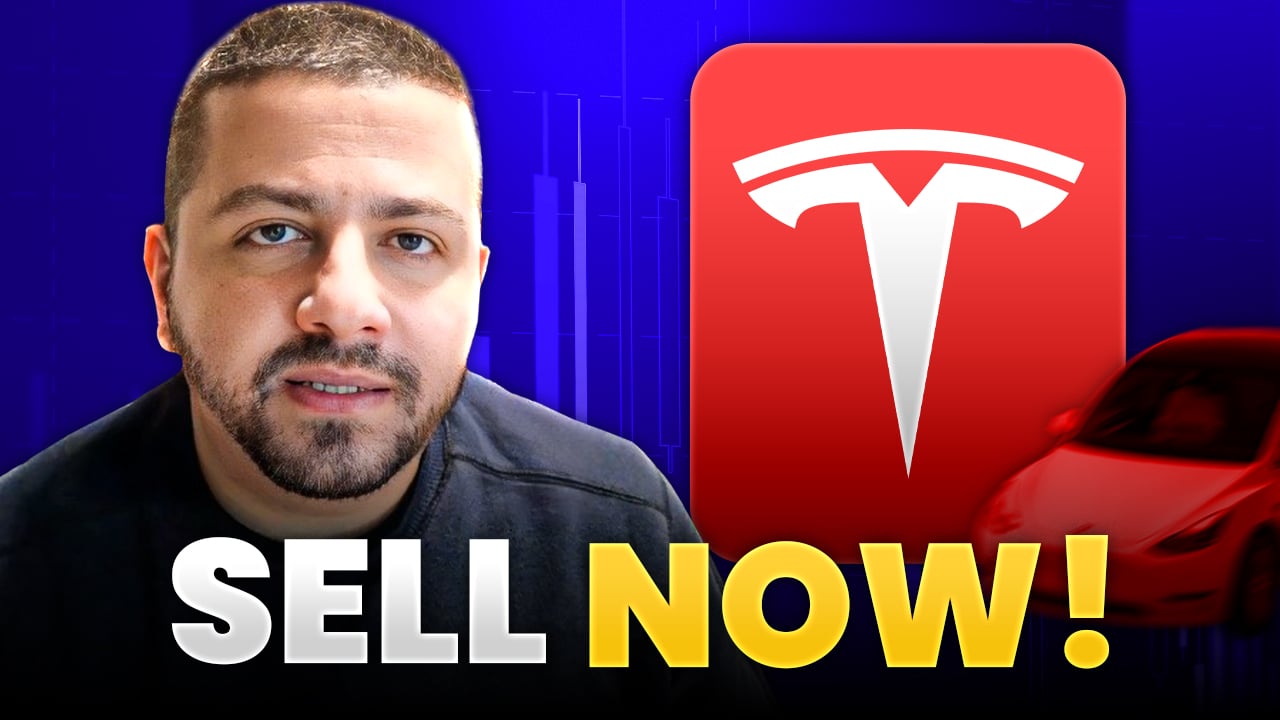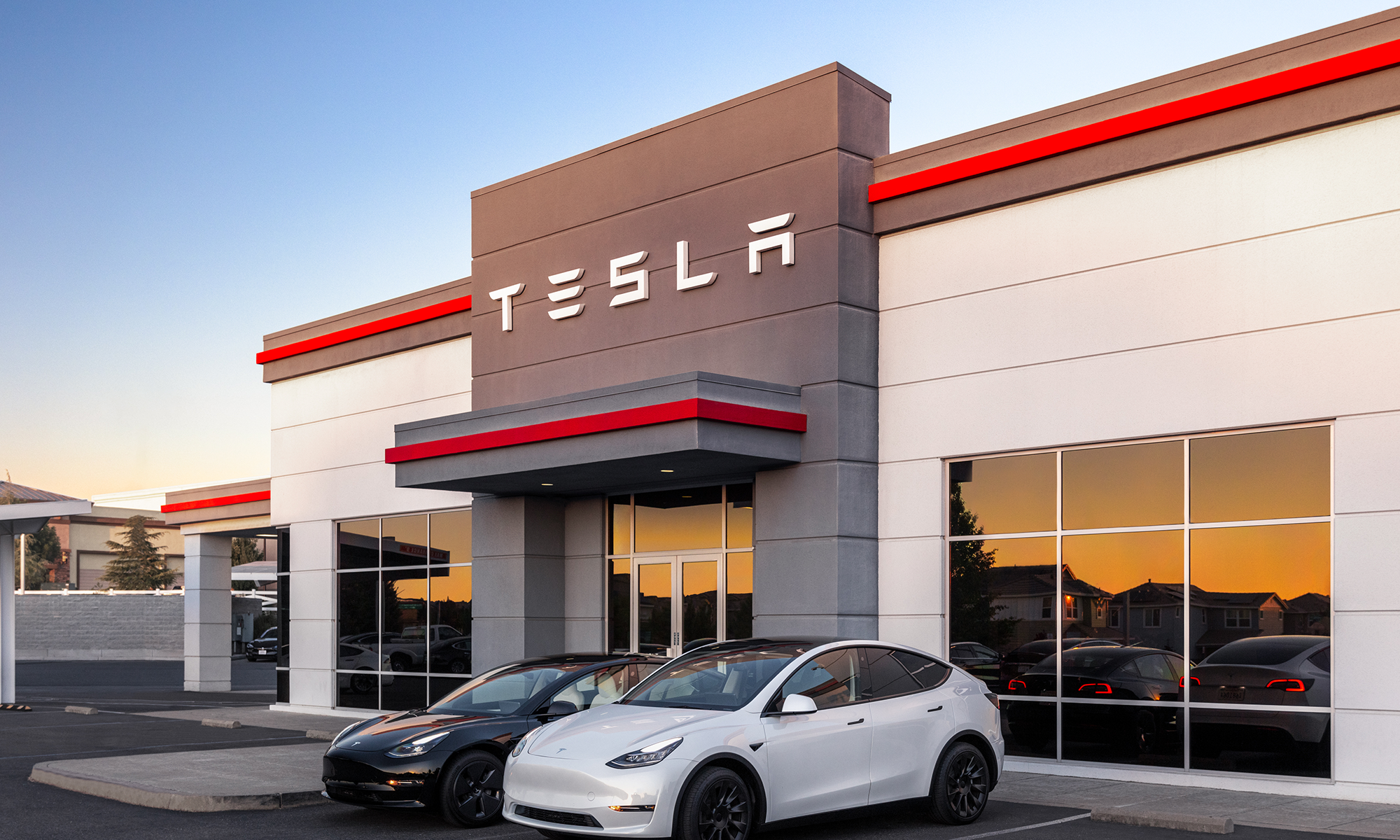Most critics of Tesla (TSLA +3.61%) sing the same tune: great company, vastly overvalued stock. From its IPO price of $17, shares have risen as high as 1,044%. Now that the speculative bubble appears to have burst, is it safe to bet against Tesla? For clues, look to other high-flying stocks such as Salesforce.com (CRM 2.92%) and Netflix (NFLX 1.51%).
The fall, and what happens next
Tesla hit an all-time high of $194.50 shortly before its third-quarter results. On Nov. 5, the company reported non-GAAP EPS of $0.12, beating estimates by a hair. Non-GAAP revenue, as usual, hit a new record. Demand continues to be much higher than supply. Despite all this, the results were not enough to hold up the short-term momentum. Tesla has fallen by one-third since.
Tesla forecasts that its fourth quarter will show another 10% increase in sales compared to the third quarter. Non-GAAP EPS is expected to be in line with the third quarter of $0.12. Despite a 25% rise in research and development expenses and a 20% rise in selling, general, and administrative expenses to accommodate future production and demand, Tesla's sales growth is expected to cover those increased expenses.
Based on last quarter's non-GAAP EPS, Tesla is not cheap. If you annualize the $0.12 figure, you get a rate of $0.48. At a stock price of $120, that puts Tesla at a P/E of 250 -- not exactly cheap, any way you slice it.
But that's the 2013 story. What about 2014?
The average analyst estimate for 2014 EPS is $1.51, along with 36% sales growth. Tesla has beaten analyst estimates for the last three quarters, so it's certainly possible that Wall Street will be wrong in 2014 as well. Still, let's use $1.51, since it's what most of the Street expects. At $120 per share, this puts Tesla's 2014 P/E at just under 80. That's much better than 250, but it still sounds a bit high at first glance.
Other high P/E popular stocks
Compare Tesla to Salesforce.com and Netflix. While the electric car industry has little to nothing to with either of these two companies, all three have disruptive business models, which tend to trade at multiples far different than their competitors. This is due to abnormally high growth, profit margins, or -- in all three of these companies' cases -- both.
On Nov. 18, Salesforce.com reported non-GAAP EPS of $0.09. It expects full year non-GAAP EPS to be $0.33 to $0.34, with full-year revenue up 33%.
If you annualized the $0.09 earned last quarter to $0.36, Salesforce.com has a P/E of 147 with a stock price at $53. Analysts expect next year's EPS to be $0.52. That puts next year's P/E at 102.
Analysts expect sales to increase about 29% next year. This means Salesforce.com is trading with a higher forward P/E than Tesla, despite its slower growth.
Netflix is a similar story. It earned non-GAAP EPS of $0.65 last quarter. If you annualized that number, you'll get EPS of $2.60. Based on a $340 stock price, it has a P/E of 131.
Going forward, Netflix analysts estimate it will earn $4.03 in EPS next year. This puts it at a P/E of just over 85. Analysts expect 19% in sales growth next year. Just like Salesforce.com, Netflix has a higher forward P/E than Tesla's 80 and slower expected growth than Tesla's 36%.
It's difficult to make a justifiable case that Salesforce.com and Netflix deserve to trade at such lofty valuations. However, it's been said that the market can stay irrational longer than an investor can stay solvent. Betting against popular stocks based purely on valuation can be dangerous. Salesforce.com and Netflix have traded with seemingly large P/Es for years.
Foolish final thoughts
Out of the three stocks, Tesla trades with the lowest calendar 2014 P/E ratio at 80 compared to Salesforce.com at 102 and Netflix at 85. Usually, the faster a company is growing, the higher the P/E it can fundamentally justify. However, despite having the smallest P/E of the three, Tesla is actually expected to grow the quickest at 33% next year compared to 29% for salesforce.com and just 19% for Netflix.
Keep in mind, while Tesla appears cheapest of the three based on numbers, that doesn't automatically mean Tesla is undervalued. It's possible that all three are simply overvalued. That said, it's still dangerous is to bet against Tesla simply based on its P/E valuation.
As Salesforce.com and Netflix prove is that the market is capable of awarding much higher valuations, deserved or not, than it is giving Tesla. Finally, you run into another danger -- that the earnings that make up that P/E could surprise to the upside and catch up.






